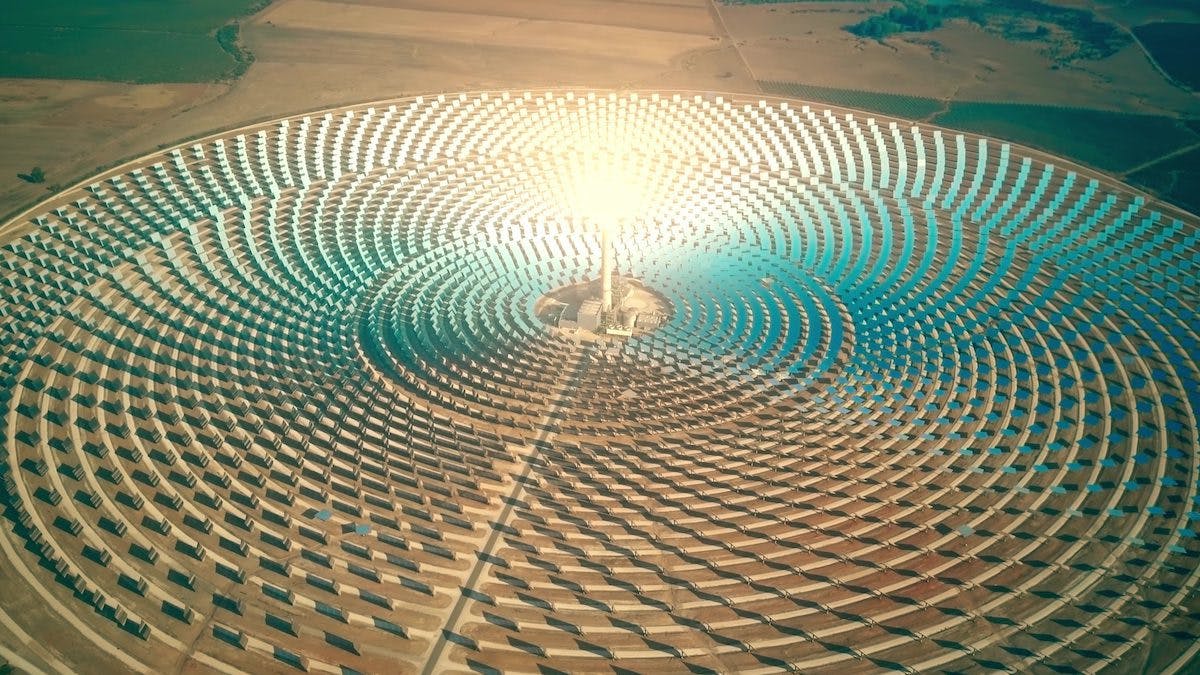Blockstream and Square Partner on Solar-Powered Bitcoin Mine
The companies hope to show how bitcoin mining can use renewable energy and help advance the transition into clean energy.

Source: Shutterstock
- Square will invest $5M in the facility and Blockstream will provide infrastructure for the project
- The project is also designed to be scalable so that Blockstream can add additional capacity and support more participants in order to expand renewable mining operations in the future
Bitcoin 2021, Miami — Bitcoin infrastructure startup Blockstream is partnering with digital payments company Square to build an open-source, solar-powered bitcoin mining facility in the US.
The companies hope to show how bitcoin mining can use renewable energy and help advance the transition to clean energy, Blockstream said in a release.
“Many mining operations throughout the world, including our own, already rely on renewable energy because it is the most cost-effective power available,” said Chris Cook, chief information officer and head of Mining at Blockstream in the release. “Together with Square, we hope that the open and transparent nature of the project will become a model that other businesses can learn from.”
Square will invest $5 million in the solar-powered facility and Blockstream will provide infrastructure for the project. The facility will be a proof-of-concept and use only renewable energy. The economics of the build, including operational costs and ROI, will be made open to the public.
The mining project is also designed to be scalable, the companies said, enabling Blockstream to add additional capacity and support more participants in order to expand renewable mining operations in the future.
“The project will serve as an ongoing, transparent case study that will allow us to all learn together the specific unit economics of clean energy bitcoin mining,” said Neil Jorgensen, global ESG lead at Square, Inc., in the release. “We can’t wait to start sharing our results with the community.”
The news comes shortly after the digital asset industry came under fire from Tesla CEO Elon Musk for environmental concerns associated with bitcoin mining.
However, industry advocates point to the amount of renewable energy already used for mining. MicroStrategy CEO Michael Saylor references the figure that bitcoin recycles 0.25% of the world’s wasted energy for mining.
“I think Bitcoin is the most efficient use of energy the human race has come up with,” Saylor said during a panel discussion at the Bitcoin 2021 conference in Miami. “It takes wasted energy and creates prosperity and freedom.”
Read more of our coverage from Bitcoin 2021 here.






